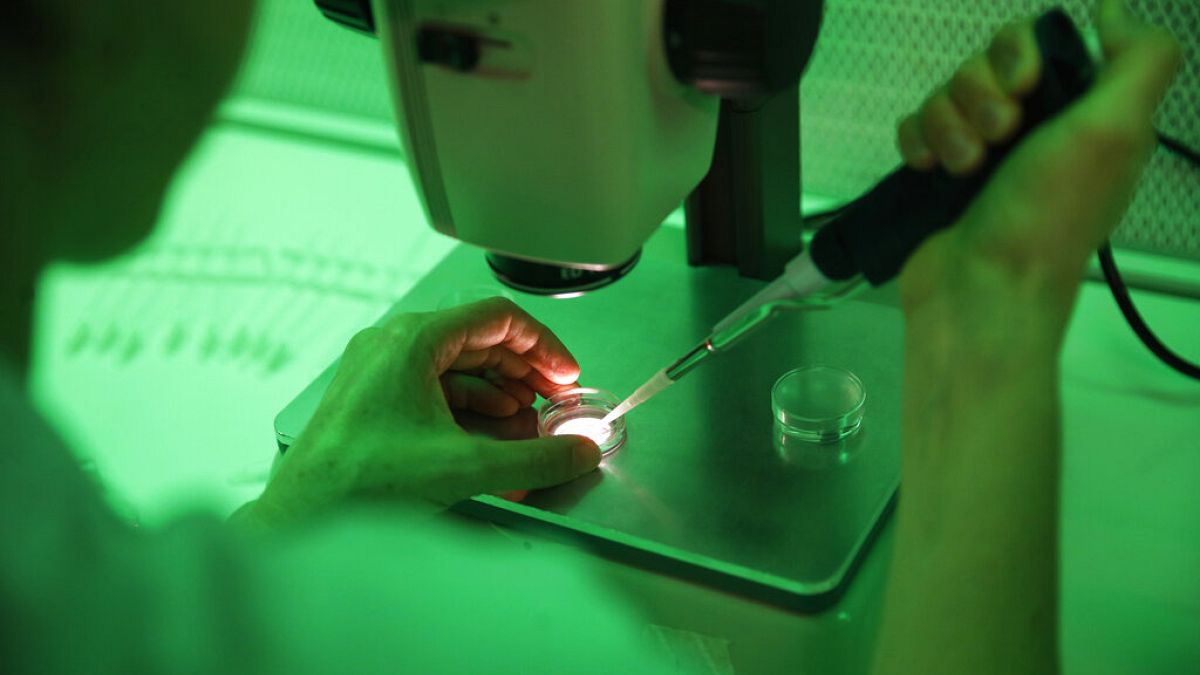

In a week marked by remarkable scientific advancements, challenging natural disasters, and proactive efforts in wildlife conservation, Europe has witnessed a diverse array of significant events. From groundbreaking medical treatments to evolving environmental conditions, the continent is navigating these developments with resilience and optimism.
In a heartening achievement within the realm of medical science, a patient in Italy, who was suffering from a genetic eye disorder, regained his sight thanks to a pioneering experimental gene therapy. This cutting-edge procedure represents a world-first in restorative medical treatments, offering hope and new possibilities for individuals affected by similar conditions. The patient’s restoration of sight through gene therapy underscores the potential of genetic medicine to transform lives and marks a significant milestone in the treatment of genetic disorders.
Meanwhile, in northern Romania, emergency services have been actively engaged in response efforts following severe flash floods in Suceava county. These floods have impacted over 2,500 residents, resulting in the tragic loss of three lives and causing extensive damage to hundreds of homes. Rescue operations and aid are currently underway to support the affected communities, demonstrating the collective resilience and supportive network within the region. These efforts highlight the importance of swift emergency response systems in mitigating the impact of natural disasters.
Simultaneously, Portugal is contending with intense heat and multiple wildfires after weeks of sweltering temperatures. Firefighters, numbering over 1,000, are valiantly battling major blazes in areas such as Arouca, Ponte da Barca, and Penamacor. Authorities have issued a yellow alert as a precautionary measure amidst the heat risk, emphasizing the necessity for community awareness and preparation during extreme weather conditions. These ongoing firefighting efforts underscore the dedication and hard work of emergency services in safeguarding lives and properties.
In contrast to these immediate challenges, England is experiencing a slowdown in a conservation project aimed at rewilding beavers. Despite initial enthusiasm when the first beavers were released into Purbeck Heath in Dorset, not a single license has been granted for further releases since March. This delay has raised questions about the application process, yet wildlife charities and nature-friendly farmers remain optimistic and patient. They eagerly anticipate contributing to the ecological benefits that the reintroduction of beavers is expected to bring, such as enriched biodiversity and improved wetland environments.
As Europe navigates these varied events, each instance represents a facet of a larger narrative of adaptation, hope, and dedication to progress. These stories highlight the strength and determination in addressing medical innovations, responding to environmental crises, and supporting conservation initiatives. The ongoing commitment to growth and recovery serves as a testament to human resilience in the face of diverse challenges.
Source: {link}
